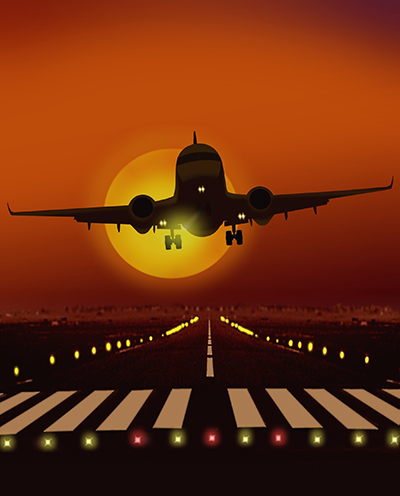 PowerMaster 3302/335 Lithium-Ion Battery Passenger Aircraft Compliance
PowerMaster 3302/335 Lithium-Ion Battery Passenger Aircraft Compliance
Our VP of Hardware Engineering looked into the FAA regulations to find out whether you can safely fly with your PowerMaster equipment aboard. Let’s look at the regulations as they apply to the PowerMaster equipment.
Per the US DOT Regulation 49 CFR, Section 175.10 regarding transportation of lithium ion cells on passenger aircraft:
- For batteries installed in electronic devices, the regulation allows batteries less than 100 Watt-hours to be placed in carry-on and checked baggage. The PowerMaster 3302/335 battery is rated for 33.16 Watt-hours so it is within compliance.
- The regulation requires that batteries must meet the UN Manual of Tests and Criteria, Part III, Subsection 38.3. The PowerMaster 3302/335 battery has been tested and certified to meet this standard under UN3480.
- Each spare lithium battery must be individually protected so as to prevent short circuits. The PowerMaster 3302/335 battery has an insulted connector on the end that will protect it against a short circuit. Spare batteries must be placed in carry-on baggage only.
So the short answer is, Yes, you can fly with your PowerMaster.
Based on the FAA requirements, we believe the PowerMaster 3302/335 battery is approved for carry-on and checked baggage when installed in the instrument. However, spare batteries are approved for carry-on baggage only.
If you have any other questions, comments or concerns, please contact Steve directly at:
Steve Hudson
Steve.Hudson@Powermetrix.com
Vice-president of Hardware Engineering Technology for Energy Corporation
Powermetrix Division





